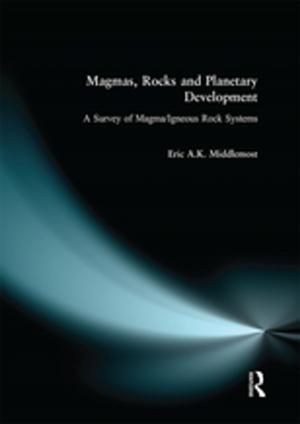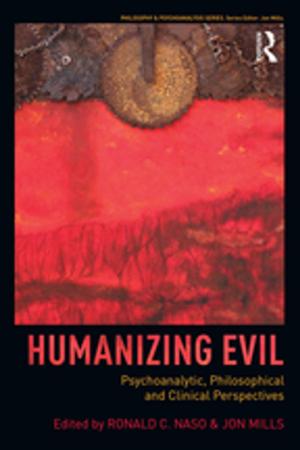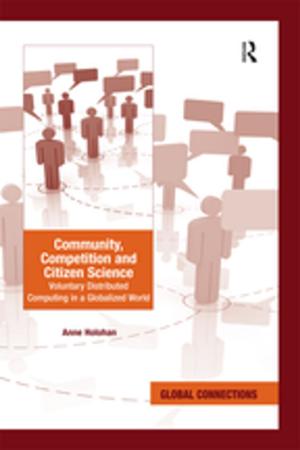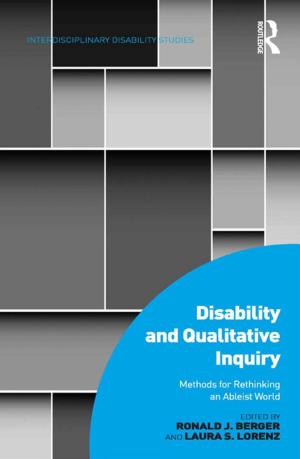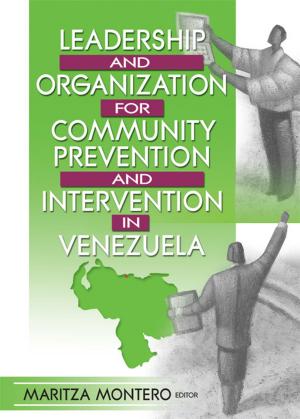Identity and Foreign Policy
Baltic-Russian Relations and European Integration
Nonfiction, Social & Cultural Studies, Political Science| Author: | ISBN: | 9781317119104 | |
| Publisher: | Taylor and Francis | Publication: | May 13, 2016 |
| Imprint: | Routledge | Language: | English |
| Author: | |
| ISBN: | 9781317119104 |
| Publisher: | Taylor and Francis |
| Publication: | May 13, 2016 |
| Imprint: | Routledge |
| Language: | English |
Baltic-Russian relations have been complicated and tense since the collapse of the USSR and the restoration of Estonian, Latvian and Lithuanian independence. Although Baltic accession to the European Union (EU) has created a new international context for interstate relations in the region, enlargement did not bring about the much hoped for improvement in Baltic-Russian relations. This case-study-rich volume examines links between identity, memory politics and foreign policy. It analyzes and explains developments in Baltic-Russian relations after both NATO and EU enlargement, focusing on the incompatibility of Baltic and Russian post-Soviet national identity constructions and the manifestations of this underlying antagonism in bilateral relations and on the broader European and international arena. Built on the constructivist perspective in international relations, this volume provides a coherent and illuminating account of the dynamics of Baltic-Russian relations after NATO and EU enlargement. Combining policy-relevant analysis with theoretical insights, it will meet the needs of academics and students of foreign policy, EU external relations and international relations more generally.
Baltic-Russian relations have been complicated and tense since the collapse of the USSR and the restoration of Estonian, Latvian and Lithuanian independence. Although Baltic accession to the European Union (EU) has created a new international context for interstate relations in the region, enlargement did not bring about the much hoped for improvement in Baltic-Russian relations. This case-study-rich volume examines links between identity, memory politics and foreign policy. It analyzes and explains developments in Baltic-Russian relations after both NATO and EU enlargement, focusing on the incompatibility of Baltic and Russian post-Soviet national identity constructions and the manifestations of this underlying antagonism in bilateral relations and on the broader European and international arena. Built on the constructivist perspective in international relations, this volume provides a coherent and illuminating account of the dynamics of Baltic-Russian relations after NATO and EU enlargement. Combining policy-relevant analysis with theoretical insights, it will meet the needs of academics and students of foreign policy, EU external relations and international relations more generally.

